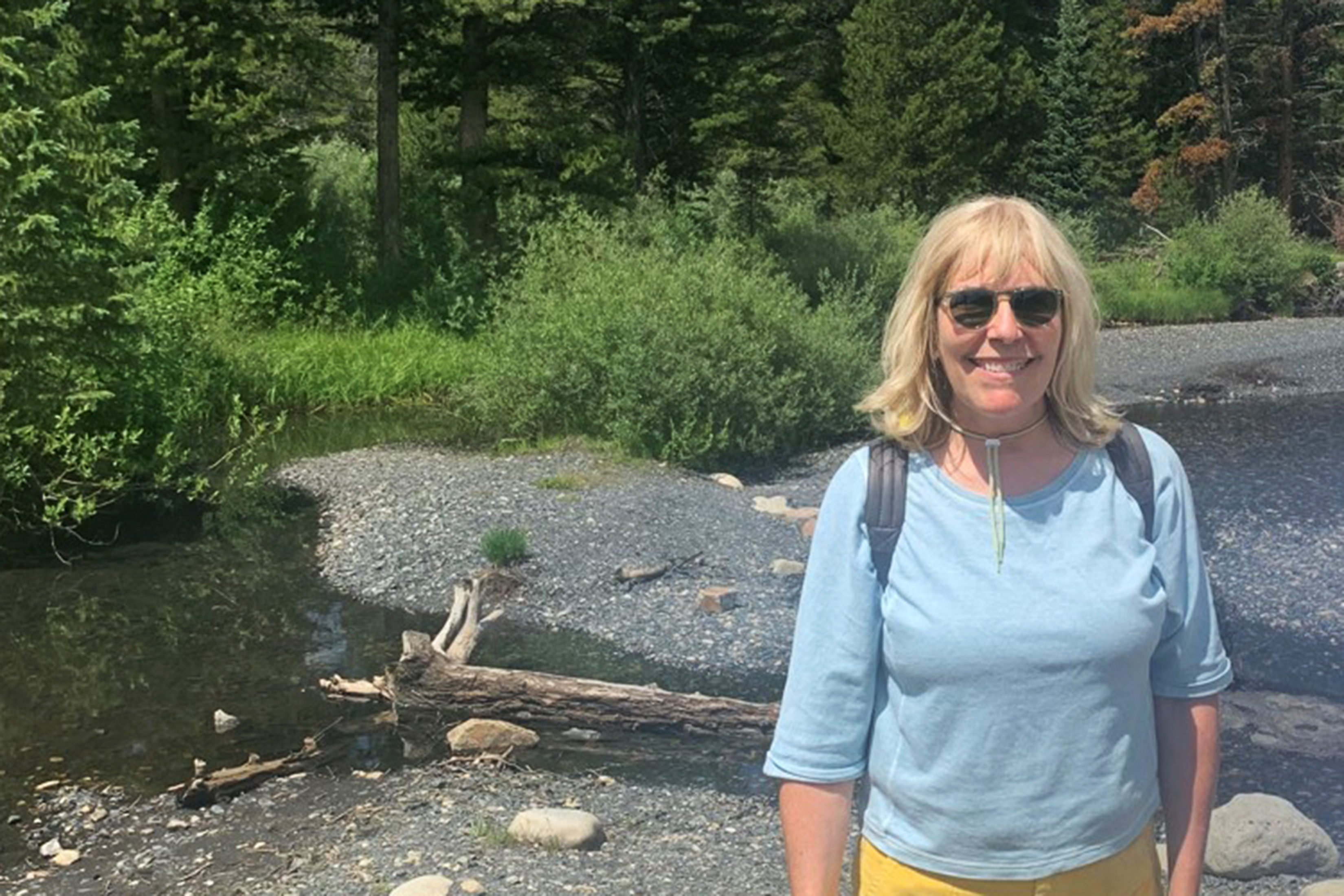Sounding the Alarm on Noise and Health
-
-
MIT Technology Review
Filed Under
Recommended

It’s a familiar suburban problem: landscapers with gas-powered tools generate a terrible din. For Jamie Banks, SM ’79, who was running a business out of her house in 2010, the problem was no minor disruption: “I was surrounded by multifamily homes and commercial properties and subjected to loud landscape maintenance noise hours a day, several days a week.”
An environmentalist and health-care scientist, Banks rolled up her sleeves to address the problem—as MIT alums so often do. “It’s not enough to complain—you have to have a solution,” she says. In 2013, she founded the nonprofit Quiet Communities to bring an evidence-based approach to the issue. “Noise is not just a nuisance,” Banks says. According to the Centers for Disease Control and Prevention, noise-induced hearing loss affects about 40 million US adults between 20 and 69. “Noise also affects non-hearing health through stress-related mechanisms,” she says. “It’s cardiovascular and metabolic health. It’s psychological health. Children’s learning is adversely affected, as is work productivity and quality of life.”
Quiet Communities organizes research, educates on health and environmental impacts, and encourages quieter options, like electric equipment. The work started in land care but has progressed to other fields, and now includes advocacy and policymaking.
Developing multifaceted approaches to complex problems is the kind of work Banks likes. At MIT, she built her own program in interdisciplinary science, combining coursework at MIT and Harvard Medical School to study developmental neuroscience. After earning a master’s at Dartmouth Medical School and a PhD in social policy at the University of Kent, she worked in health economics and outcomes.
Then the movie An Inconvenient Truth inspired Banks to move into environmental work. In 2007, she founded Planet Rewards, an online platform designed to encourage eco-friendly behaviors.
Officially, Banks retired in 2012, but she is as busy as ever leading Quiet Communities. In 2020, she became chair of the Noise & Health Committee of the American Public Health Association, where she directs an educational campaign on noise as a public health hazard—work that is critical, she says, because the United States has no federal noise control program.
Reducing noise in land care can benefit health and the climate by reducing air pollution, she explains, and it can also promote social justice by reducing worker exposure to noise and air toxins. “It’s land care,” she says, “but it’s the world in a grain of sand, which makes this very rewarding.”
This article also appears in the May/June 2022 issue of MIT News magazine, published by MIT Technology Review.







